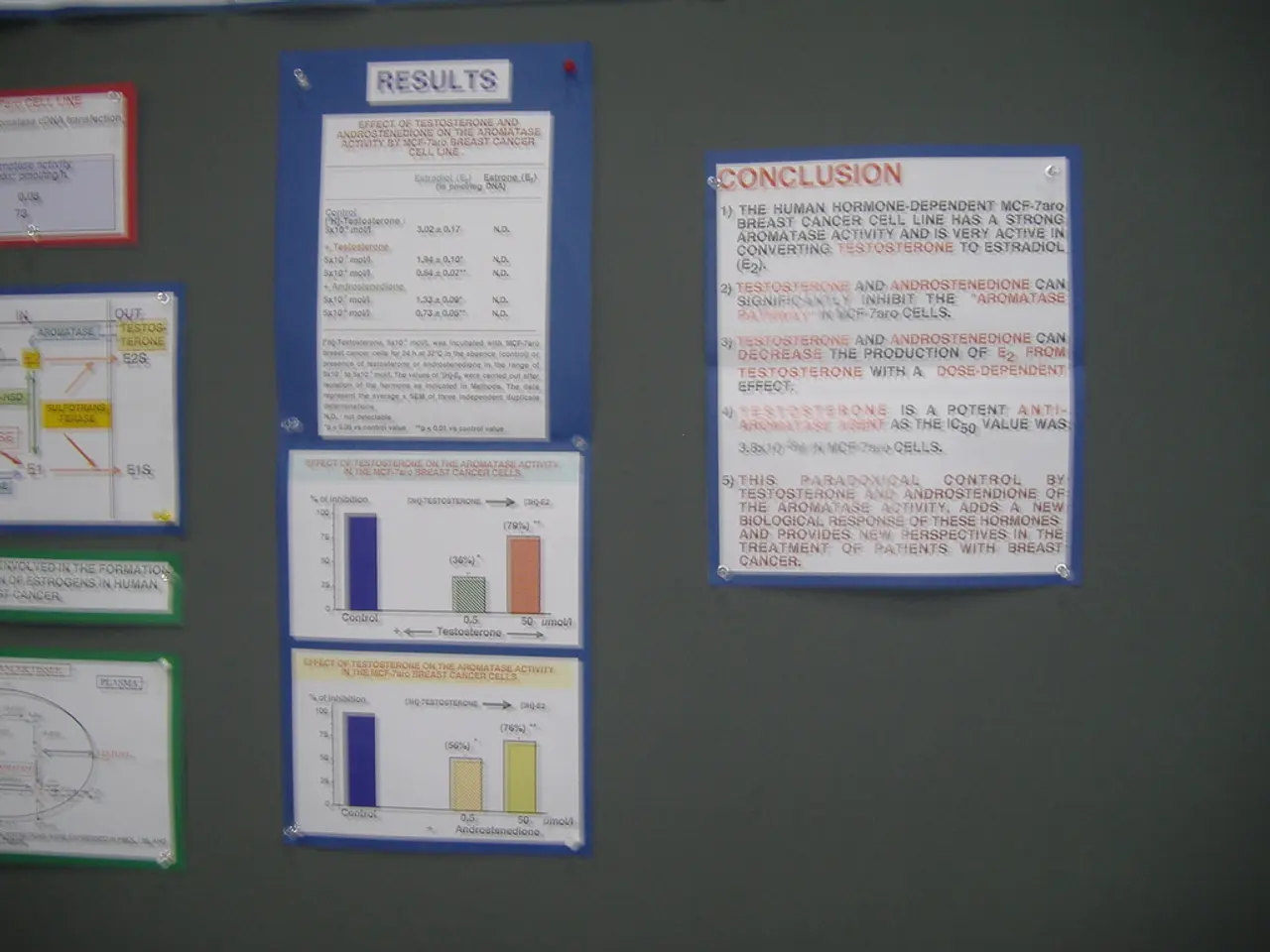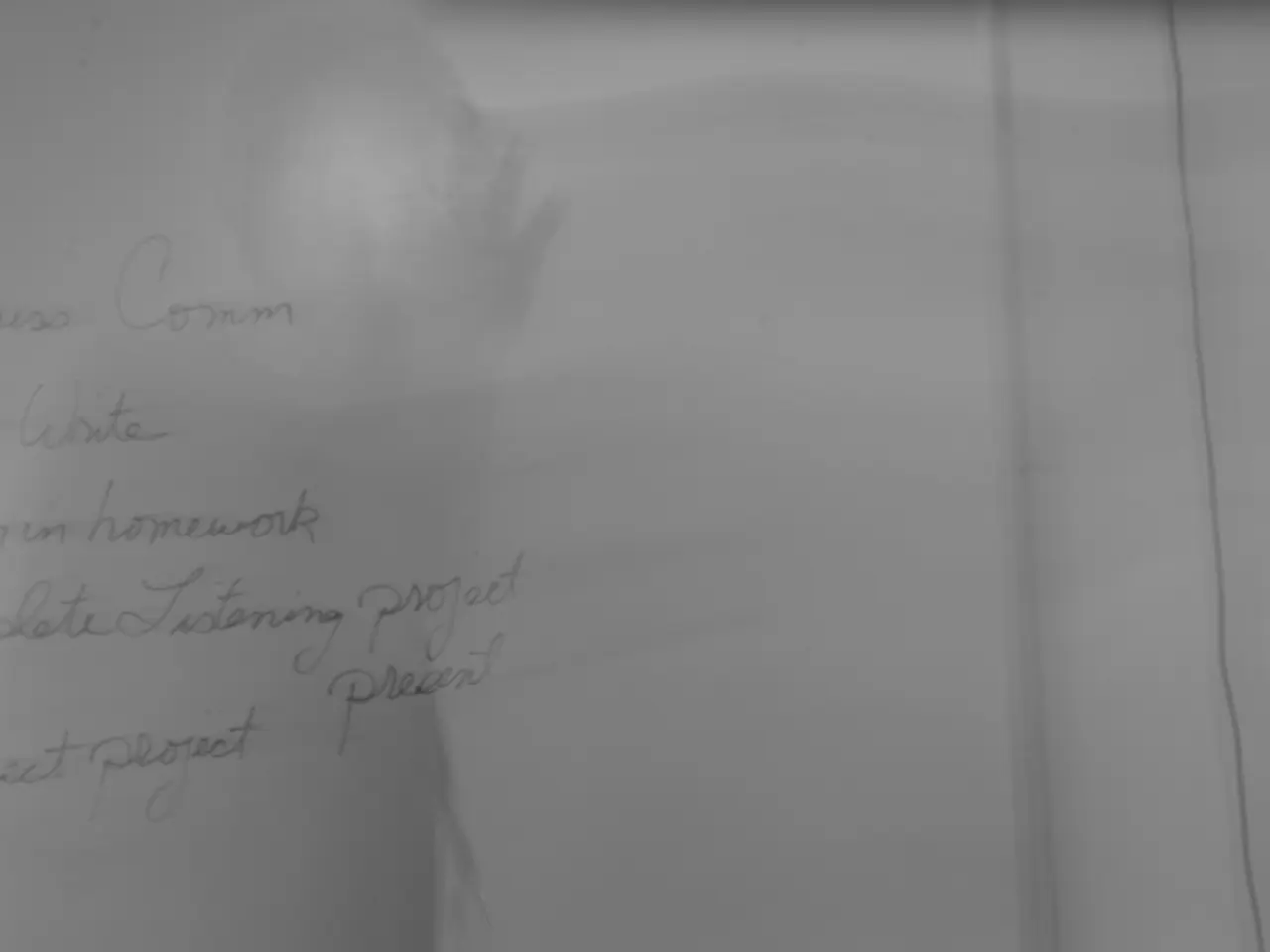Alterations to the Federal Tax Code
The One Big Beautiful Bill Act (OBBBA): Permanent Changes to Individual and Business Taxation
Rob Holcomb, The TaxBook News' Educator
The One Big Beautiful Bill Act (OBBBA), signed into law on July 4, 2025, marks a significant milestone in taxation policy. This comprehensive legislation makes permanent several key provisions from the Tax Cuts and Jobs Act (TCJA) while implementing some expansions and adjustments affecting individual and trust tax rates, standard deductions, personal exemptions, bonus depreciation, and Section 179 expensing.
Individual and Trust Tax Rates
The OBBBA permanently retains the seven income tax brackets established by the TCJA: 10%, 12%, 22%, 24%, 32%, 35%, and 37%. It applies an inflation adjustment in 2026 for the 10% and 12% brackets, slightly expanding the income thresholds at which these rates apply. Trust income tax rates remain consistent with these permanent brackets, as the bill extends TCJA's framework.
Standard Deduction
The bill permanently increases and slightly expands the standard deduction amounts introduced by the TCJA for 2025 as follows:
- Single or Married Filing Separately: $15,750
- Head of Household: $23,625
- Married Filing Jointly or Qualifying Surviving Spouse: $31,500
Personal Exemptions
Personal exemptions for individuals, spouses, and dependents are permanently eliminated, continuing the suspension initiated by the TCJA. However, the bill introduces an additional $6,000 deduction for certain seniors aged 65 and older for tax years 2025-2028.
Bonus Depreciation
While the search results do not specifically mention new changes to bonus depreciation under the OBBBA, the bill expands and modifies many TCJA provisions affecting business deductions. Other sources note expansions in business-related deductions, suggesting possible enhancements or extensions to bonus depreciation rules within the Act, but no explicit numeric changes or permanence are detailed in the results provided.
Section 179 Expensing
The search results do not detail specific modifications to Section 179 expensing limits or provisions in the OBBBA. Given the bill’s broad extension of TCJA policies and expansions for certain business deductions, Section 179 likely remains consistent with TCJA levels unless specified otherwise, but no new authoritative details were found in the available sources.
For more detailed information, resources such as the University of Minnesota's Fall Tax Schools, Iowa State University's Center for Agricultural Law and Taxation (CALT), and the National Association of Tax Professionals' website (NATP.com) offer valuable insights. The University of Minnesota will provide a more detailed summary of the new tax legislation later this summer on their website.
The Internal Revenue Service's website is available at www.irs.gov. The 100% expensing of all property eligible for bonus depreciation is permanently extended for property acquired after January 19, 2025. For property placed in service during the first tax year ending after January 19, 2025, a taxpayer may elect to have the prior law 40% limit apply (60% for longer production period property). A qualified individual under the OBBBA is a taxpayer who has attained age 65 before the close of the tax year, or in the case of a joint return, a taxpayer's spouse who has also attained age 65 before the close of the tax year.
Stay tuned for more updates as we continue to unravel the implications of the OBBBA for taxpayers and businesses alike.
[1] IRS.gov, "One Big Beautiful Bill Act (OBBBA) of 2025" (accessed July 12, 2025)
[2] Tax Materials, Inc., "OBBBA: The One Big Beautiful Bill Act of 2025" (accessed July 12, 2025)
[3] Tax Foundation, "One Big Beautiful Bill Act (OBBBA) of 2025: A Summary" (accessed July 12, 2025)
[4] Tax Policy Center, "One Big Beautiful Bill Act (OBBBA) of 2025: Analysis and Implications" (accessed July 12, 2025)
The One Big Beautiful Bill Act (OBBBA) has implemented permanent changes to the business taxation policy, extending and modifying many provisions affecting business deductions, such as bonus depreciation and Section 179 expensing. In terms of finance, the OBBBA also affected individual tax rates and standard deductions, eliminating personal exemptions but introducing additional deductions for seniors.




